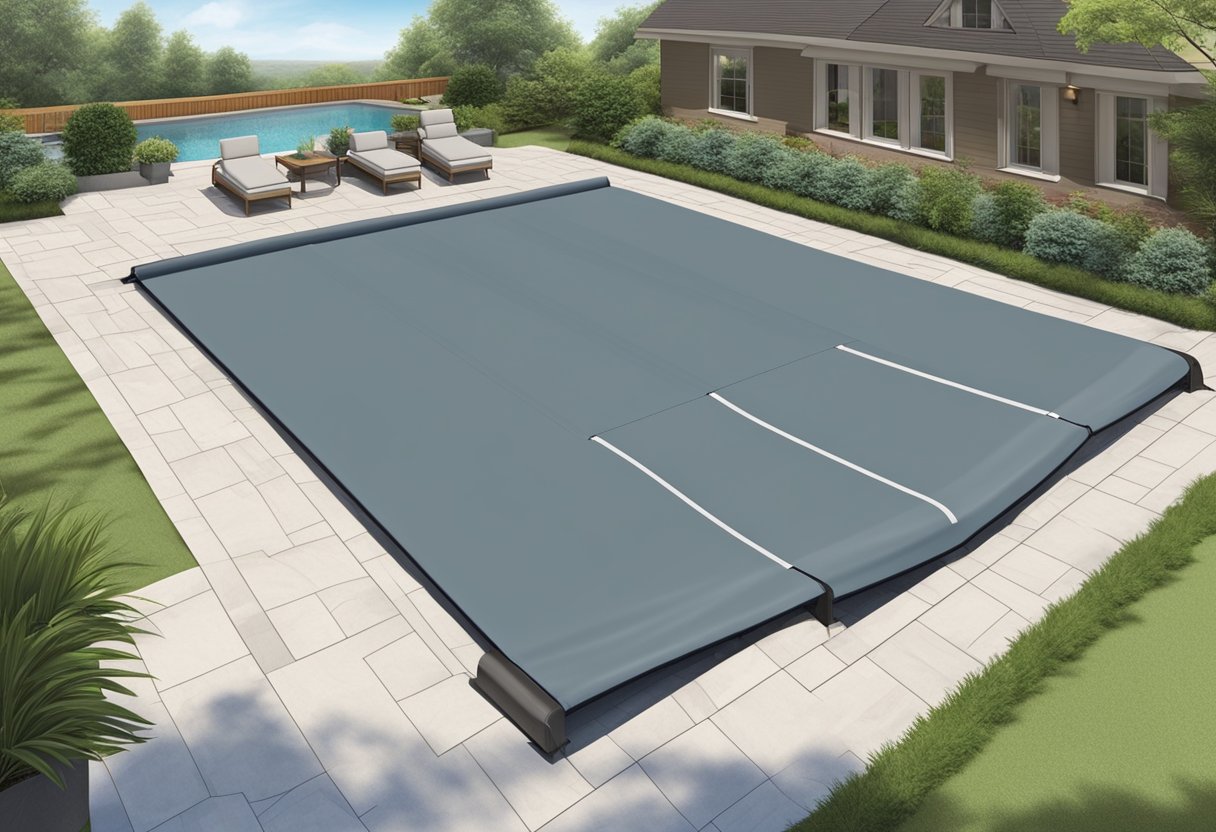Being unable to work due to medical conditions can be very stressful, worrying about how to maintain your life and pay the bills, as well as medical costs. Social Security Disability Insurance (SSDI) is there to ensure people do need to find themselves in those situations, but what conditions qualify for SSDI benefits?
While there is no set and firm answers regarding what conditions are covered by social security disability or not, there are guides and a baseline definition that can act as a rule of thumb:
SSDI recognizes an illness or injury that prevents a person from working for at least a year or that will likely cause death.
Social Security Disability & the Administration Blue Book
As mentioned, there is a guide the Social Security Administration uses and people can look through to know whether they qualify for SSDI benefits: The Social Security Blue Book. Officially known as the Disability Evaluation Under Social Security, it lists the medical impairments the SSA considers severe enough to prevent someone from working and lists the medical criteria for determining if a person can receive disability benefits.
You can find the Social Security Blue Book here:
Disability Evaluation Under Social Security
Medical Conditions that Qualify for Social Security Disability
If a condition is listed in the Blue Book, it automatically meets the definition set by the SSA and qualifies a person for social security disability insurance. Here are some of the impairments and conditions listed that automatically qualify someone:
- Musculoskeletal System: Conditions that affect the bones and muscles, such as back injuries and other dysfunctions of the joints and bones.
- Special Senses and Speech: Conditions affecting vision, hearing, and speech.
- Respiratory Disorders: Such as asthma, chronic pulmonary insufficiency, and cystic fibrosis.
- Cardiovascular System: Including chronic heart failure, coronary artery disease, and recurrent arrhythmias.
- Digestive System: Conditions like liver disease, inflammatory bowel disease, and gastrointestinal hemorrhaging.
- Genitourinary Disorders: Kidney diseases and other conditions related to the reproductive and urinary systems.
- Hematological Disorders: Disorders of the blood, such as anemia, hemophilia, and bone marrow failures.
- Skin Disorders: Eczema, burns, and other dermatological conditions.
- Endocrine Disorders: Conditions related to hormone-producing glands, such as thyroid, adrenal, and pituitary gland disorders.
- Congenital Disorders that Affect Multiple Body Systems: For instance, Down syndrome.
- Neurological: Epilepsy, Parkinson’s disease, multiple sclerosis, and cerebral palsy, among others.
- Mental Disorders: Such as schizophrenia, autism, depression, anxiety, and intellectual disorders.
- Cancer (Malignant Neoplastic Diseases).
- Immune System Disorders: Including lupus, HIV/AIDS, and rheumatoid arthritis.
It’s important to remember that only being diagnosed doesn’t guarantee approval for disability benefits and that the SSA requires specific medical evidence, and documentation before benefits are approved.
Secure Your Medical Benefits
The application process for SSDI is complex, and many applications are denied the first time. When that happens, a person can pursue the appeals process, which many find success with, especially if legal representation has been secured.
Here at Marken Law Group, we understand how stressful getting your rightful SSI benefits can be and don’t want to add to your plate during such an uneasy time. We have represented hundreds of claimants in Washington, Idaho, Montana, Oregon, and California to obtain what is rightfully theirs. We focus on your individual needs rather than treat all cases as the same, bringing our extensive experience to help guide you through.
If you want to better ensure you get the SSDI benefits you’re owed, contact us below and work with social security attorneys who know how to navigate the system and fight for you.

